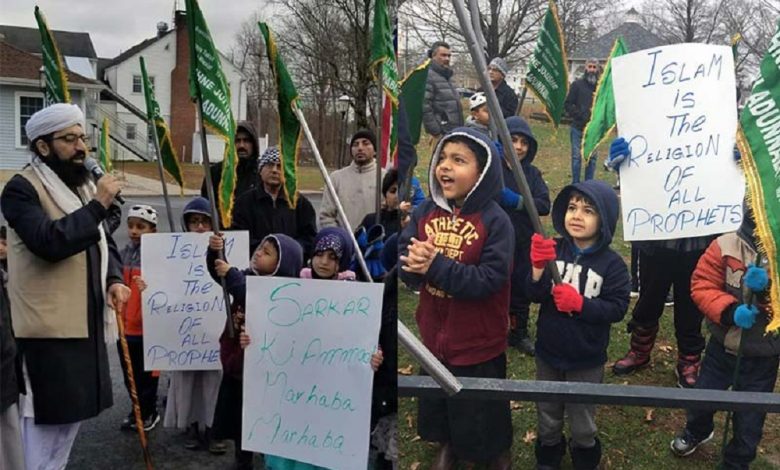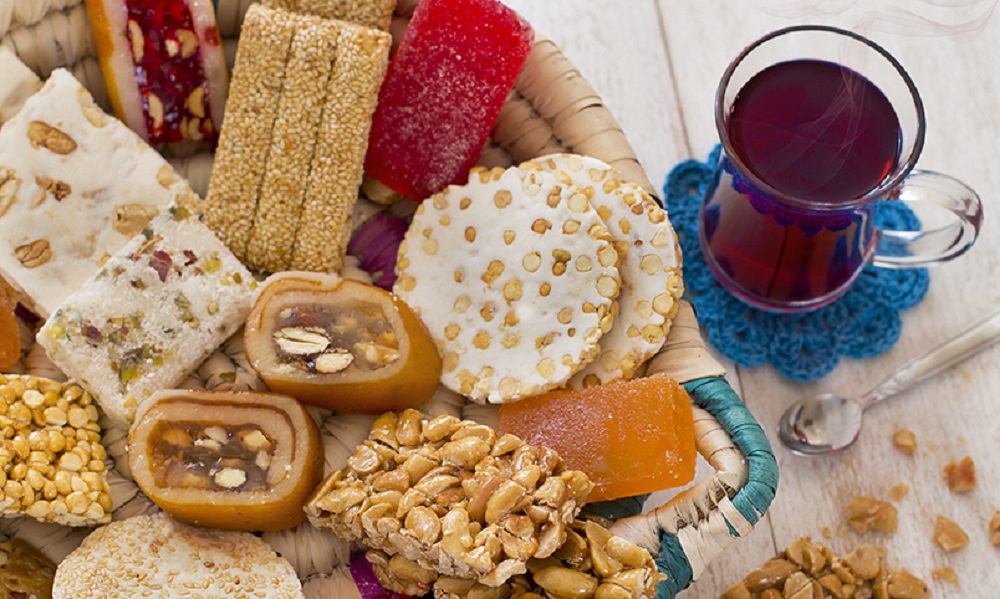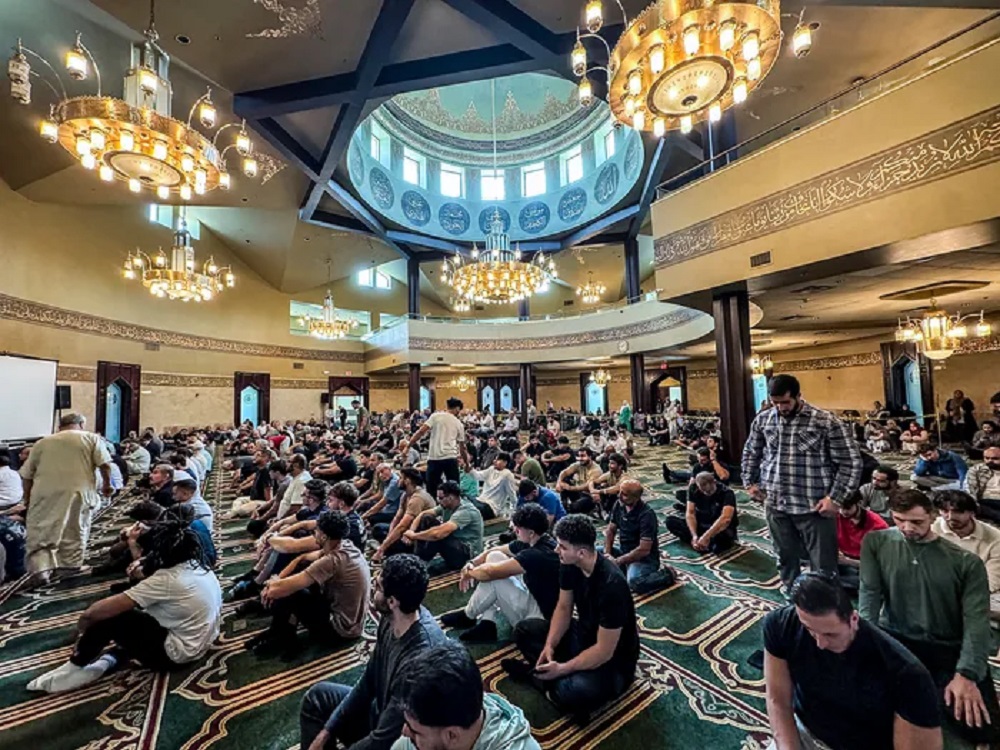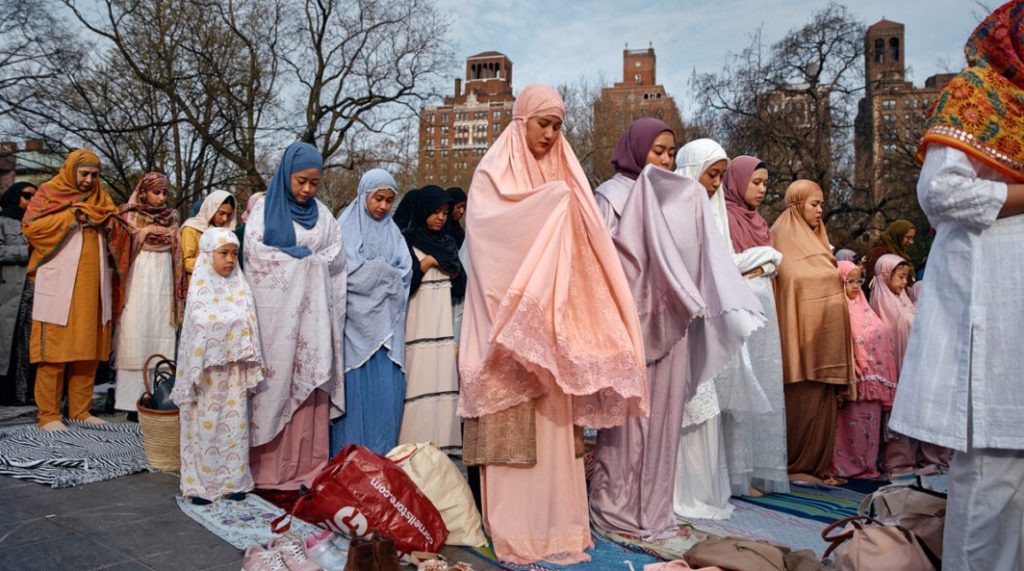Mawlid al-Nabawi in the United States: Celebrations, Gatherings, and Traditional Foods
From mosques in New York and Chicago to community centers in California, Arab and Muslim Americans honor the Prophet’s birthday with prayer, cultural programs, and festive meals.

In the United States, where Muslim communities reflect a rich blend of Arab, South Asian, and African traditions, Mawlid al-Nabawi—the Prophet Muhammad’s birthday—is more than just a day of remembrance. It is a moment when mosques, community centers, and family homes across the country come alive with prayer, storytelling, and festive meals. While America does not recognize it as a public holiday, Arab and Muslim Americans mark the occasion with deep devotion, cultural pride, and the sharing of traditional foods that connect them to their heritage.
Mawlid al-Nabawi in America: Faith and Culture Combined
Mawlid al-Nabawi, the commemoration of the Prophet Muhammad’s birthday, falls on the 12th of Rabiʿ al-Awwal in the Islamic calendar. In 2025, this corresponds to Friday, September 5, 2025. While the United States does not recognize it as a public holiday, Muslim communities across the country—especially Arab, South Asian, and African Muslim populations—celebrate it with a rich blend of religious devotion, cultural expression, and traditional foods.

Where Mawlid is Celebrated in the United States
-
Mosques and Islamic Centers
-
In cities like New York, Chicago, Detroit, Houston, and Los Angeles, mosques and Islamic centers host lectures, Qur’an recitations, and spiritual chants (na‘t and madīh nabawī).
-
Institutions such as the Islamic Cultural Center of New York and the Dearborn Islamic Center in Michigan often see large gatherings.
-
-
Community Halls and Cultural Organizations
-
Arab cultural associations and Muslim student groups organize programs that combine spiritual teachings with cultural showcases, including poetry, nasheed (Islamic songs), and storytelling about the Prophet’s life.
-
-
Homes and Family Gatherings
-
Many families mark the day privately, hosting small gatherings where children learn stories about the Prophet while guests share traditional dishes and sweets.
-
How Muslims Celebrate Mawlid in the U.S.
Celebrations typically include:
-
Spiritual programs: Qur’an recitation, sermons on the Prophet’s character, and group dhikr (remembrance).
-
Cultural performances: Islamic poetry, nasheed, and lectures in both Arabic and English to reach younger generations.
-
Charity work: Many communities use the occasion to fundraise for humanitarian projects or support local food drives.

What Foods are Cooked for Mawlid in the United States
Because the U.S. is home to diverse Muslim communities, Mawlid foods reflect both Arab and South Asian culinary traditions. Common dishes include:
-
Arab American Communities (Egyptian, Lebanese, Yemeni, Moroccan, Palestinian):
-
Couscous with lamb or chicken
-
Halawet al-Mawlid (sesame brittle, nougat, sugar dolls, chickpea candy—popular in Egypt)
-
Pastries like baklava and ma’amoul
-
-
South Asian Communities (Pakistani, Indian, Bangladeshi):
-
Biryani (spiced rice with meat)
-
Halwa (semolina or carrot dessert)
-
Sharbat (sweet flavored drinks)
-
-
General American Context:
-
Potluck-style meals at mosques, with families bringing a variety of dishes.
-
Cakes decorated with Islamic calligraphy, a newer adaptation in the U.S. context.
-
In rural areas or smaller Muslim communities, Mawlid is often celebrated with simpler meals like rice, bread, and sweets shared among neighbors.
Why Mawlid Matters in the U.S. Context
For Arab and Muslim Americans, Mawlid al-Nabawi serves multiple purposes:
-
Spiritual: Honoring the Prophet’s life and teachings.
-
Cultural: Preserving heritage through food, music, and storytelling.
-
Social: Strengthening Muslim identity in a diverse American society while sharing traditions with non-Muslim neighbors.

Conclusion
Though not an official holiday in the United States, Mawlid al-Nabawi remains a cherished event for Arab and Muslim communities. From mosque programs in New York and Detroit to family meals in California and Texas, Muslims commemorate the Prophet’s birth with devotion, joy, and delicious traditional foods. In doing so, they keep alive both their spiritual connection and their cultural heritage in the American landscape.



